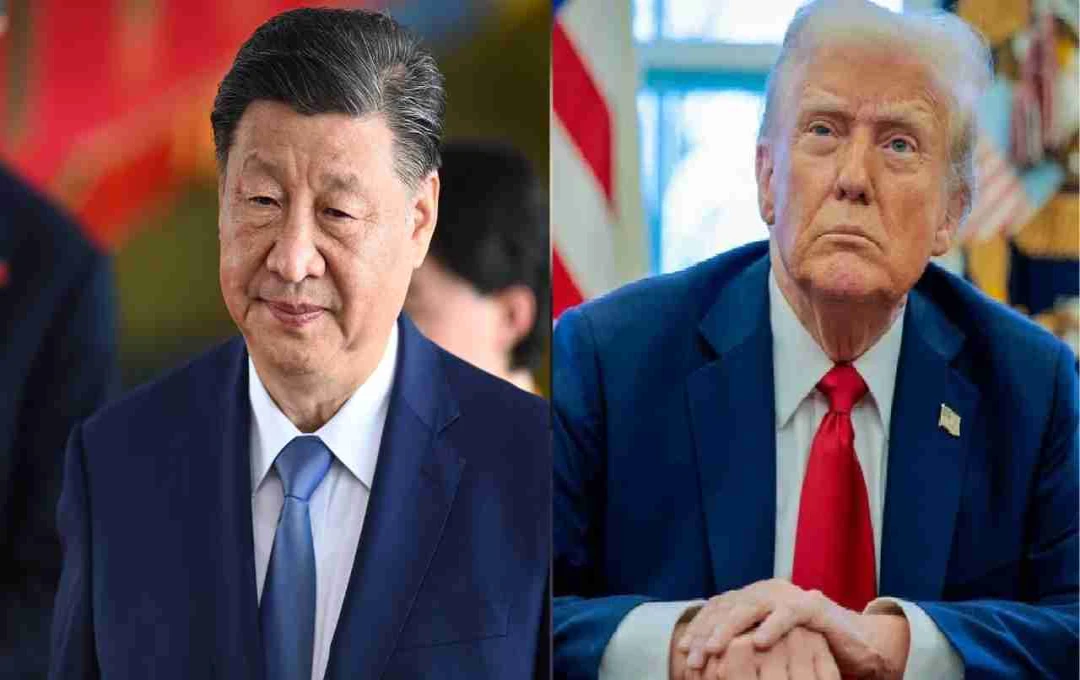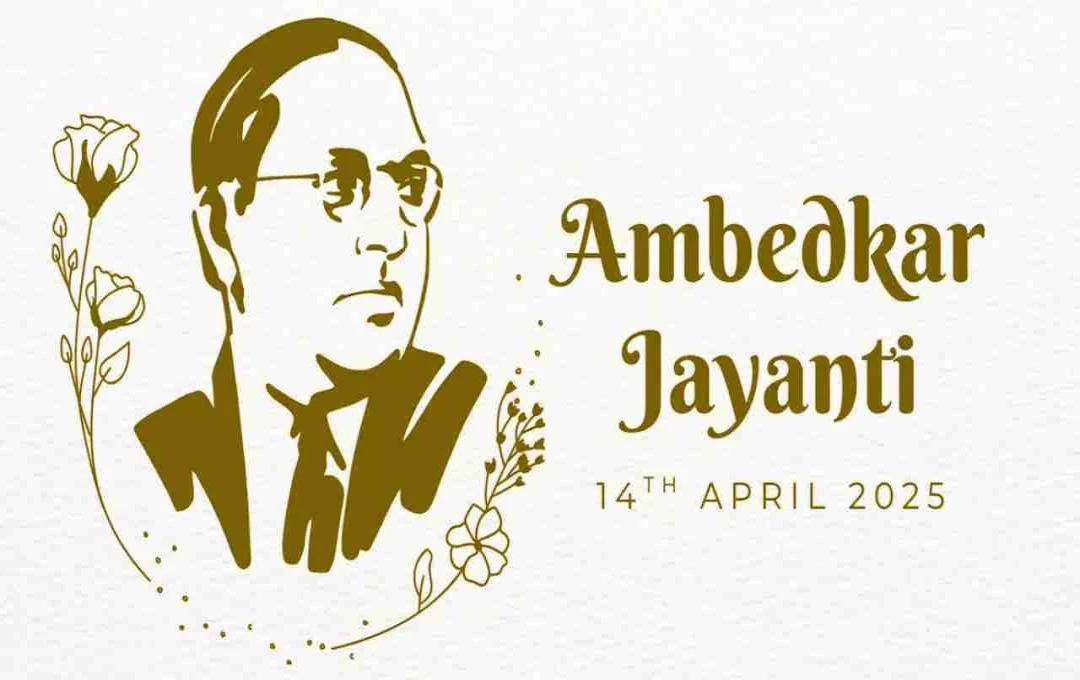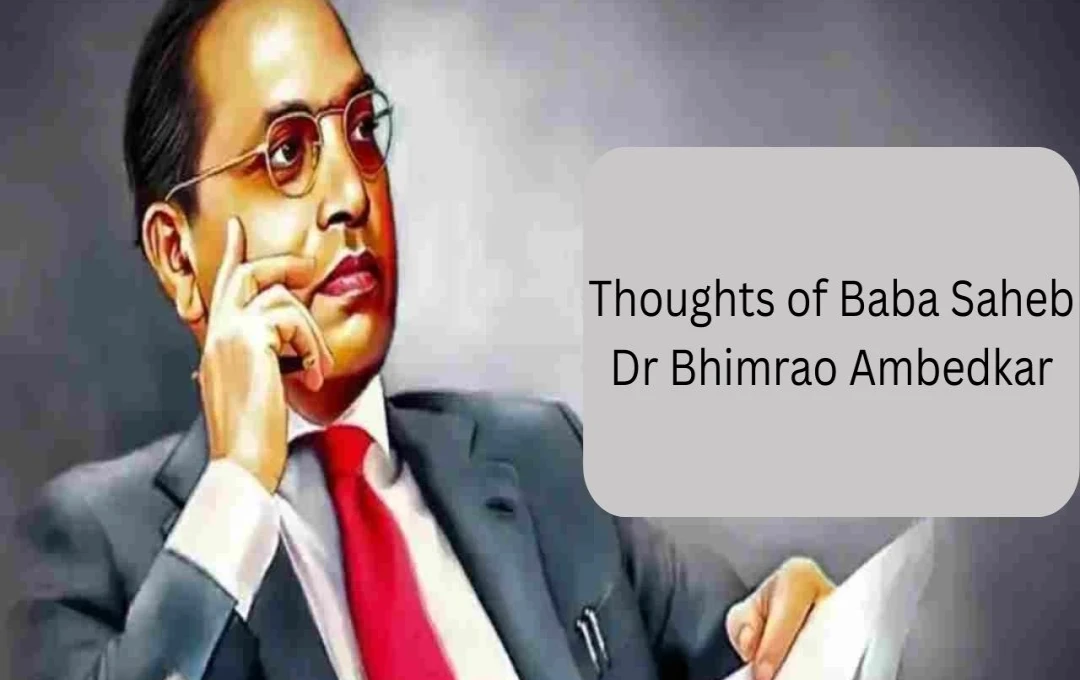Conservative leader Friedrich Merz is poised to become Germany's next Chancellor after securing a historic victory in the general election.
Berlin: Conservative leader Friedrich Merz has secured a historic victory in Germany's general election, paving his way to becoming the country's next Chancellor. His Christian Democratic Union (CDU) and its Bavarian sister party, the Christian Social Union (CSU), achieved a b mandate with 28.5% of the vote. Following the results, Social Democratic Party (SPD) leader and outgoing Chancellor Olaf Scholz conceded defeat and congratulated Merz on his victory.
CDU's Comeback and the Political Equation
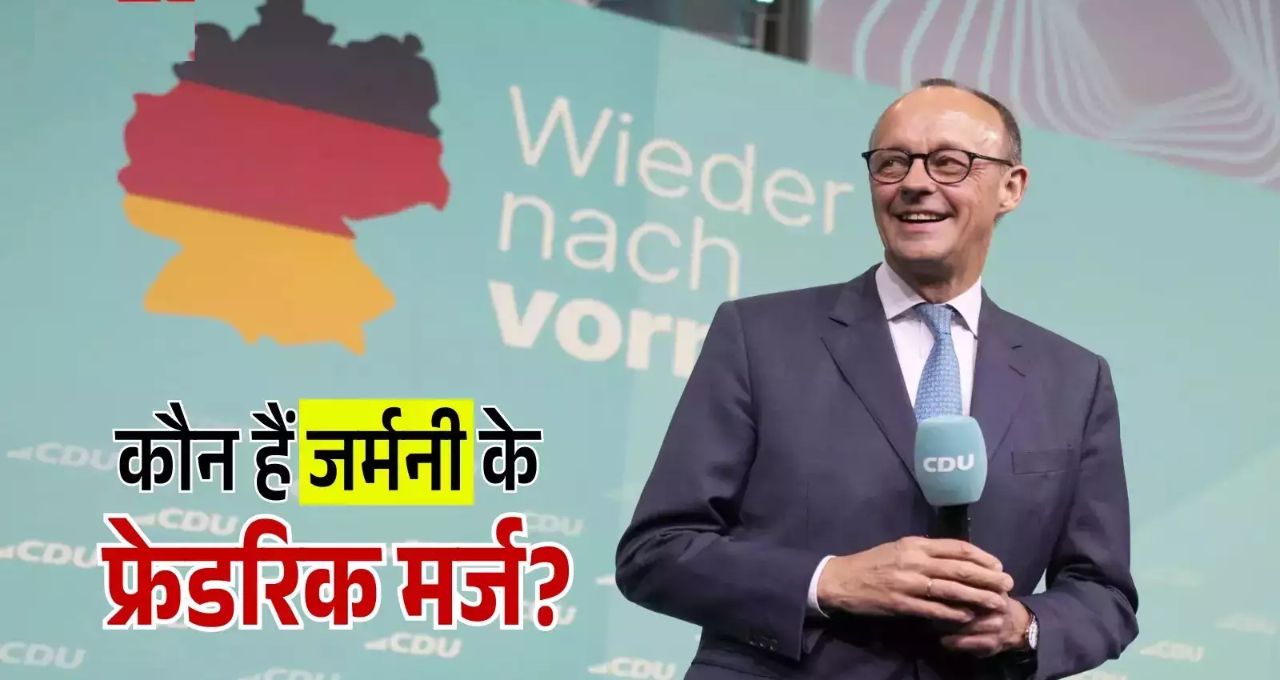
German politics has witnessed instability in recent years, but this election marks a significant comeback for the conservative bloc. The CDU-CSU alliance garnered voter support by focusing on issues such as the 2015 refugee crisis and the recent economic downturn. Alternative for Germany (AfD) came in second with 20.7% of the vote, while Olaf Scholz's SPD suffered a significant setback.
Friedrich Merz's Journey from Lawyer to Chancellor
* Born on November 11, 1955, in Brilon, Germany, Merz is a veteran politician with a background in law. His family had a legal background, and he pursued legal studies, completing his education in 1976. He became a Member of the European Parliament in 1989 and entered the Bundestag in 1994.
* Merz rose to prominence within the CDU, becoming the leader of the parliamentary group in 2000. However, internal changes within the party under Angela Merkel's leadership in 2002 sidelined him. After retiring from politics in 2009, he pursued a career in the finance sector.
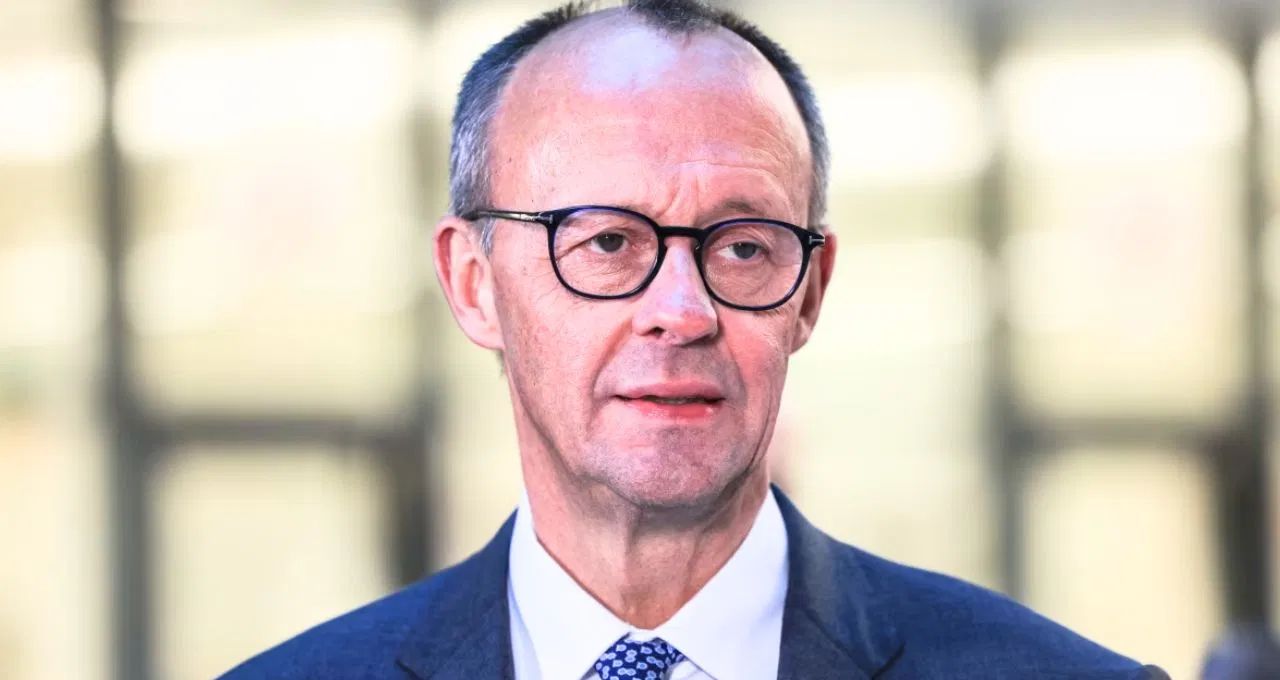
* However, Merz attempted a political comeback in 2018 following Merkel's announcement of retirement, but the party leadership went to Annegret Kramp-Karrenbauer. After the CDU-CSU's defeat in 2021, he re-emerged as the party's most influential leader and is now poised to assume the Chancellorship.
Challenges and Future Strategies for Merz
* Economic Recovery: Germany's economy has been weakened by the pandemic and the Russia-Ukraine war; bringing it back on track will be a major challenge.
* Refugee Policy: Merz's party favors a stricter immigration policy, necessitating difficult decisions in the coming years.
* European Union Leadership: Germany needs a new strategy to maintain its position as a b economic and political power in Europe.
What Changes Will Germany See?

The CDU's return to power will shift the direction of policymaking in Germany. Under Merz's leadership, tough decisions on the economy, tax system, and security policy can be expected. His image as a business-friendly and conservative leader has investors hoping for a swift return to economic recovery in Germany.


